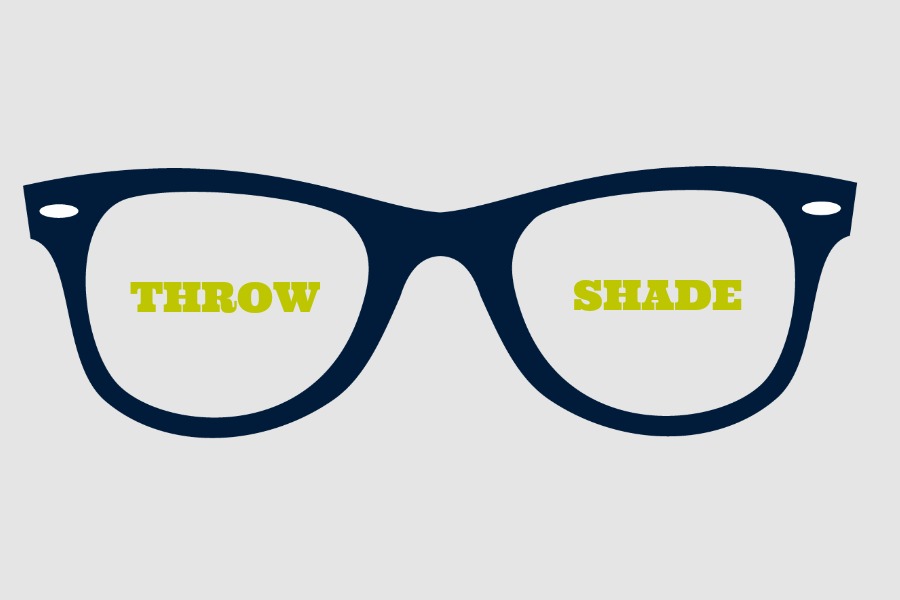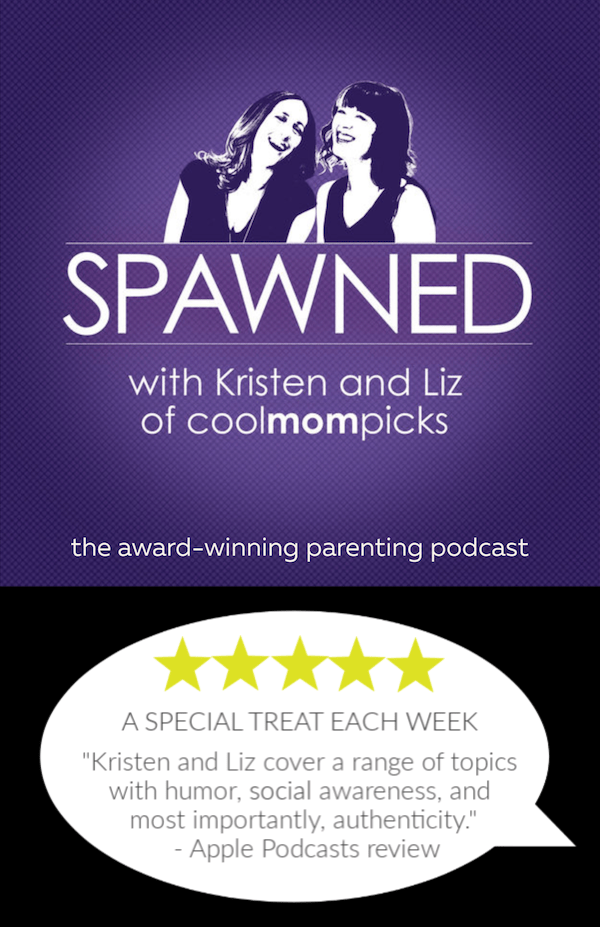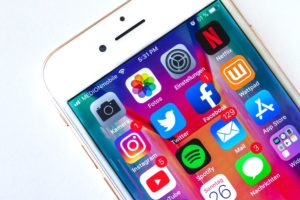Yesterday, Merriam-Webster announced they had added more than 1000 new words to the dictionary, and wow, word nerds like me could lose ourselves in here for ages.
Actually, I kind of did.
According to the editors the terms come from everything from tech to science and medicine, pop culture, sports, slang, foreign languages, and more. But what’s as fascinating to me as the words themselves, is just how long it took some of them to make it into print. Humblebrag is like a baby down there!
Take a look at a few of my favorites, then be sure to click over for even more
Related: Merriam-Webster’s free (and sometimes snark) dictionary app
Seussian: of, relating to, or suggestive of the works of Dr. Seuss.
First known use: 1938
Your name becoming an eponym: The ultimate honor. Or insult. (See also: Borked, Ponzi scheme)
binge-watch: to watch many or all episodes of (a TV series) in rapid succession.
First known use: 2003
And now we know it’s hyphenated.
humblebrag: to make a seemingly modest, self-critical, or casual statement or reference that is meant to draw attention to one’s admirable or impressive qualities or achievements
First known use: 2011
Oh really? We weren’t sure if it was 2011 or 2012.
first world problem: a usually minor or trivial problem or annoyance experienced by people in relatively affluent or privileged circumstances especially as contrasted with problems of greater social significance facing people in poor and underdeveloped parts of the world
First known use: 1979
Variants include first–world problem, and less commonly, First World problem or First–World problem. Debating among the four would definitely constitute a first world problem.
photobomb:to move into the frame of a photograph as it is being taken as a joke or prank
First known use: 2008
Hard to believe the word is older than some of our kids.
weak sauce: something inferior, ineffective, or unimpressive : something weak
First known use: 1992
We’re just glad they didn’t go with awesome sauce.
conlang: an invented language intended for human communication that has planned and cohesive phonological, grammatical, and syntactical system
First known use: 1991
Examples include Klingon, Dothraki, Elvish. Not an example: Pig Latin.
NSFW: not safe for work; not suitable for work —used to warn someone that a website, e-mail attachment, etc., is not suitable for viewing at most places of employment
Notice it says, most.
macaron: a light, often brightly colored sandwich cookie consisting of two rounded disks made from a batter of egg whites, sugar, and almond flour surrounding a sweet filling (as of ganache, buttercream, or jam)
First known use: 1995
Not to be confused with macaroon, which we clarified many years ago. (Not a humblebrag.)
EVOO: extra-virgin olive oil
First known use: 1992
It’s an abbreviation, not an acronym; please don’t say “ee-voo.”
throw shade: to express contempt or disrespect for someone publicly especially by subtle or indirect insults or criticisms
Also known as “smiling face with sunglasses emoji.”
wayback: The area in the back of a van, station wagon, or SUV.
First known use: 1980
Those of us born before 1980 say, NO WAY WAS THE FIRST KNOWN USE IN 1980, WHAT?
(Though when I was a kid, I called it “the very back.”)
Yowza: used to express surprise or amazement
First known use: 1933
It took more than 80 years for Yowza to make it into the dictionary? Yowza!
For fun, also check out the Merriam-Webster’s open dictionary, where you can see user-submitted suggestions ranging from TFW to fake news, and even add your own.
My vote: spongeworthy. Or is it sponge-worthy?




